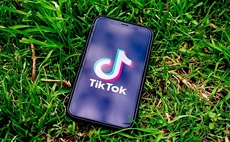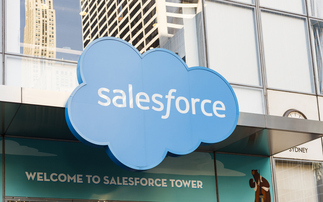Radio spectrum auction could be used to boost UK-wide 2Mbit/s broadband rollout
The government wants radio spectrum auctioned off as soon as possible Communications minister Ed Vaizey has instructed Ofcom to hold the spectrum auction for the 800MHz and 2.6GHz radio bands as ...
To continue reading this article...
Join Computing
- Unlimited access to real-time news, analysis and opinion from the technology industry
- Receive important and breaking news in our daily newsletter
- Be the first to hear about our events and awards programmes
- Join live member only interviews with IT leaders at the ‘IT Lounge’; your chance to ask your burning tech questions and have them answered
- Access to the Computing Delta hub providing market intelligence and research
- Receive our members-only newsletter with exclusive opinion pieces from senior IT Leaders






















